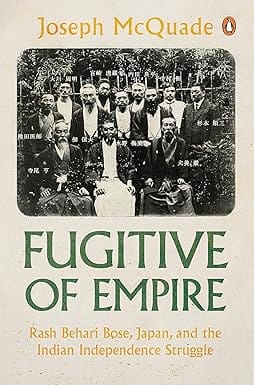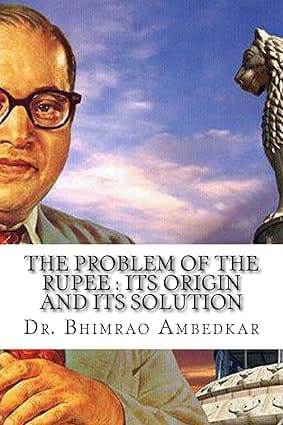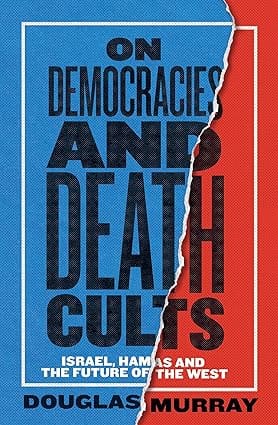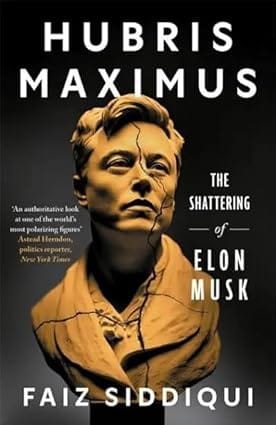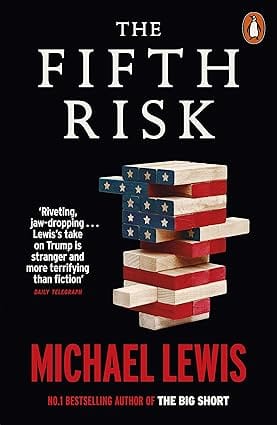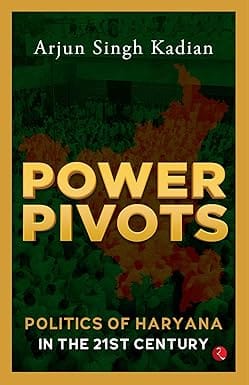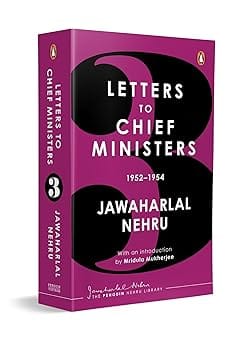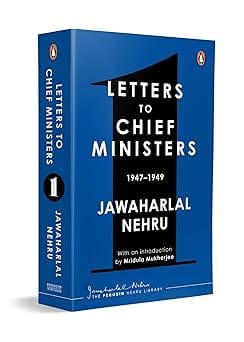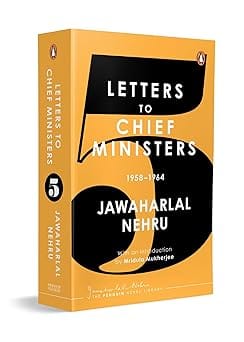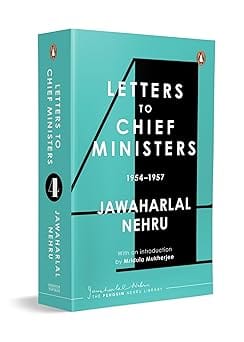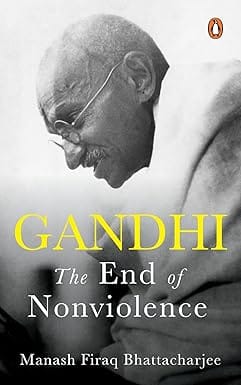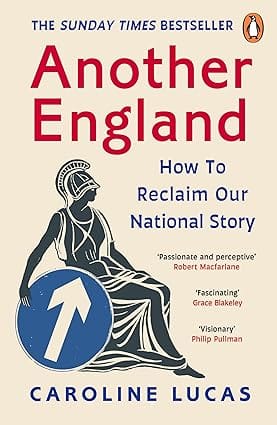-
Contemporary Fiction
- Contemporary Fiction
-
Children
- Children
-
Comics & Graphic Novels
- Comics & Graphic Novels
-
Non-Fiction
- Non-Fiction
-
Fiction
- Fiction
In 1912, Rash Behari Bose made his dramatic entrance into India's anti-colonial freedom movement when he orchestrated a bomb attack against the British viceroy during a public procession in Delhi. Forced to
flee his homeland, Bose settled in Japan, becoming the most influential Indian in Tokyo and earning the affectionate title 'Sensei' among Japanese youth, military personnel, and far-right ultranationalists.
Throughout the 1920s and 1930s, Bose remained a perpetual thorn in the side of the British Empire as he built
and maintained a global network of anti-colonialists, radicals, smugglers, and intellectuals. After siding with Imperial Japan against his British adversaries during the Second World War, Bose died in 1945-just two years before India gained independence.
A complex, controversial, and often contradictory figure, Bose has been described as a committed democrat, an authoritarian, an advocate of religious harmony, a Hindu chauvinist, an anti-communist, a political pragmatist, an idealist, a Japanese collaborator, an anti-racist, a cultural conservative, a
Pan-Asianist, an Indian nationalist, and much more. Drawing on extensive archival research
from India, Japan, and the UK, this refreshing new biography brings to life the largely forgotten story of one of twentieth-century Asia's most daring revolutionaries.
Review
McQuade's meticulously researched biography of Rash Behari Bose reveals the multifaceted nature of anti-colonialism in the first half of the twentieth century. An original and captivating read, connecting waves of revolutionary movements, it fills a major gap in global historiography. -- Ole Birk Laursen, researcher, Lund University, and author of 'Anarchy or Chaos: M. P. T. Acharya and the Indian Struggle for Freedom'
Rash Behari Bose is a key figure among Indian "expatriate patriots", and, like many of his contemporaries, defies easy political categorisation. Well-written, fast-paced, and filled with remarkable events, Fugitive of Empire is a compelling story. -- Carolien Stolte, assistant professor, Leiden University, and author of 'The League Against Imperialism'
McQuade's evocative account of Rash Behari Bose reads like a novel, taking us through some of the most dramatic moments of India's struggle for independence and revealing the global dimensions of anti-colonialism during the first half of the twentieth century. -- Kim A. Wagner, professor of global and imperial history, Queen Mary University of London, and author of 'The Skull of Alum Bheg' and 'Amritsar 1919'
About the Author
JOSEPH McQUADE is a senior fellow at the Bill Graham Centre for Contemporary International History, Canada. A former postdoctoral fellow at the University of Toronto, he is the author of A Genealogy of Terrorism: Colonial Law and the
Origins of an Idea. He completed his PhD at the University of Cambridge.
Fugitive Of Empire Rash Behari Bose, Japan And The Indian Independence Struggle
SIZE GUIDE
- ISBN: 9780670099764
- Author: Joseph Mcquade
- Publisher: Penguin Vintage
- Pages: 316
- Format: Hardback
Book Description
In 1912, Rash Behari Bose made his dramatic entrance into India's anti-colonial freedom movement when he orchestrated a bomb attack against the British viceroy during a public procession in Delhi. Forced to
flee his homeland, Bose settled in Japan, becoming the most influential Indian in Tokyo and earning the affectionate title 'Sensei' among Japanese youth, military personnel, and far-right ultranationalists.
Throughout the 1920s and 1930s, Bose remained a perpetual thorn in the side of the British Empire as he built
and maintained a global network of anti-colonialists, radicals, smugglers, and intellectuals. After siding with Imperial Japan against his British adversaries during the Second World War, Bose died in 1945-just two years before India gained independence.
A complex, controversial, and often contradictory figure, Bose has been described as a committed democrat, an authoritarian, an advocate of religious harmony, a Hindu chauvinist, an anti-communist, a political pragmatist, an idealist, a Japanese collaborator, an anti-racist, a cultural conservative, a
Pan-Asianist, an Indian nationalist, and much more. Drawing on extensive archival research
from India, Japan, and the UK, this refreshing new biography brings to life the largely forgotten story of one of twentieth-century Asia's most daring revolutionaries.
Review
McQuade's meticulously researched biography of Rash Behari Bose reveals the multifaceted nature of anti-colonialism in the first half of the twentieth century. An original and captivating read, connecting waves of revolutionary movements, it fills a major gap in global historiography. -- Ole Birk Laursen, researcher, Lund University, and author of 'Anarchy or Chaos: M. P. T. Acharya and the Indian Struggle for Freedom'
Rash Behari Bose is a key figure among Indian "expatriate patriots", and, like many of his contemporaries, defies easy political categorisation. Well-written, fast-paced, and filled with remarkable events, Fugitive of Empire is a compelling story. -- Carolien Stolte, assistant professor, Leiden University, and author of 'The League Against Imperialism'
McQuade's evocative account of Rash Behari Bose reads like a novel, taking us through some of the most dramatic moments of India's struggle for independence and revealing the global dimensions of anti-colonialism during the first half of the twentieth century. -- Kim A. Wagner, professor of global and imperial history, Queen Mary University of London, and author of 'The Skull of Alum Bheg' and 'Amritsar 1919'
About the Author
JOSEPH McQUADE is a senior fellow at the Bill Graham Centre for Contemporary International History, Canada. A former postdoctoral fellow at the University of Toronto, he is the author of A Genealogy of Terrorism: Colonial Law and the
Origins of an Idea. He completed his PhD at the University of Cambridge.
Related Books
User reviews
NEWSLETTER
Subscribe to get Email Updates!
Thanks for subscribing.
Your response has been recorded.

India's Iconic & Independent Book Store offering a vast selection of books across a variety of genres Since 1978.
"We Believe In The Power of Books" Our mission is to make books accessible to everyone, and to cultivate a culture of reading and learning. We strive to provide a wide range of books, from classic literature, sci-fi and fantasy, to graphic novels, biographies and self-help books, so that everyone can find something to read.
Whether you’re looking for your next great read, a gift for someone special, or just browsing, Midland is here to make your book-buying experience easy and enjoyable.
We are shipping pan India and across the world.
For Bulk Order / Corporate Gifting
 +91 9818282497 |
+91 9818282497 |  [email protected]
[email protected]
Click To Know More
INFORMATION
POLICIES
ACCOUNT
QUICK LINKS
ADDRESS
Shop No.20, Aurobindo Palace Market, Near Church, New Delhi

